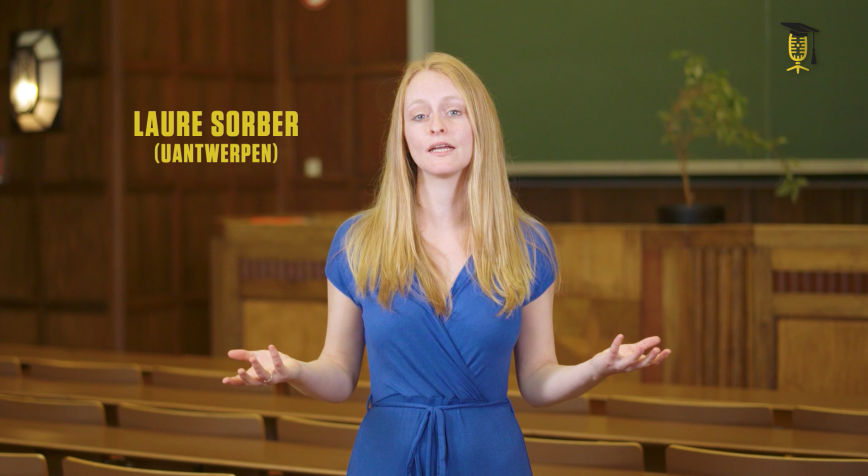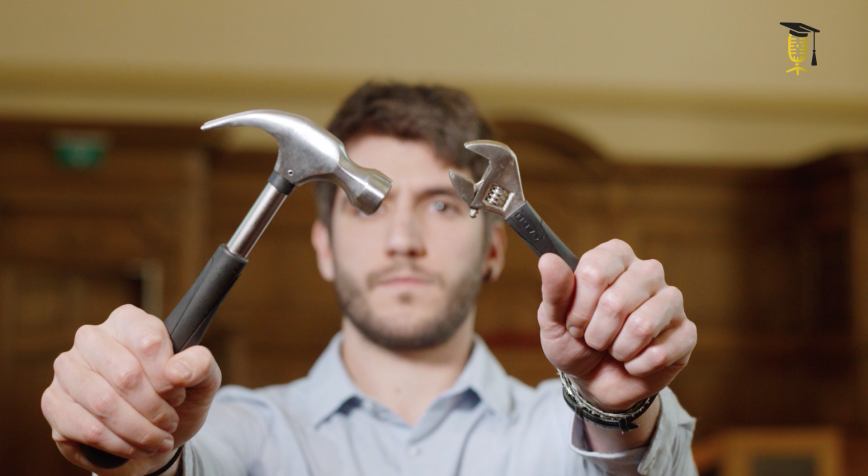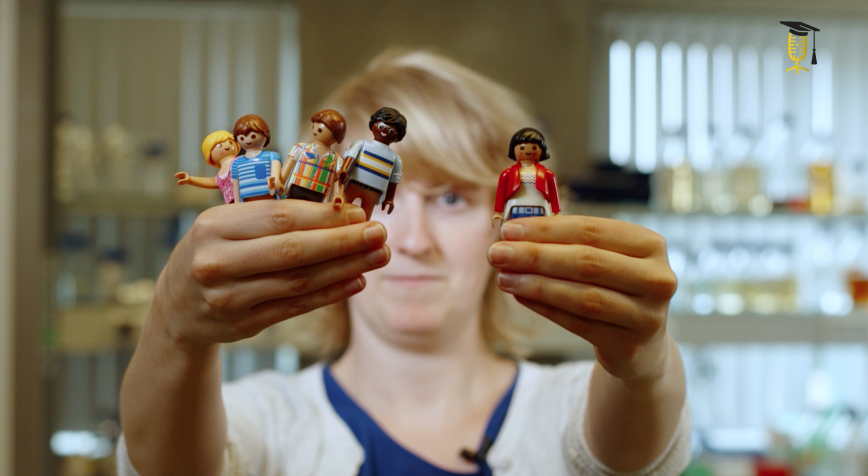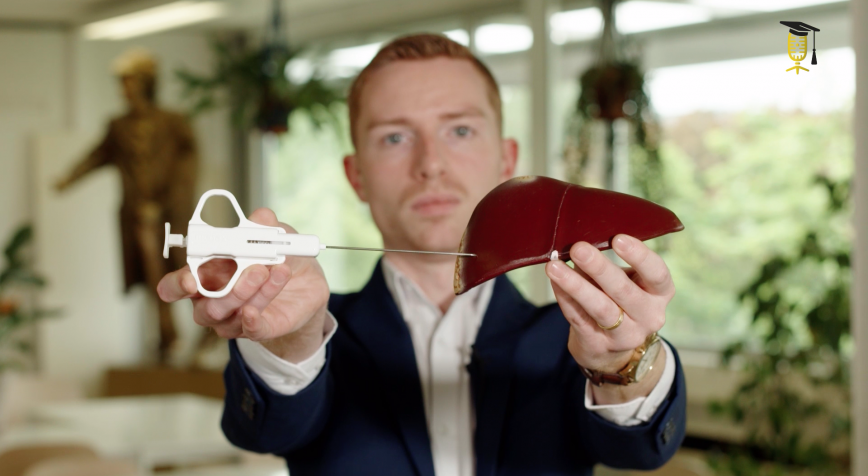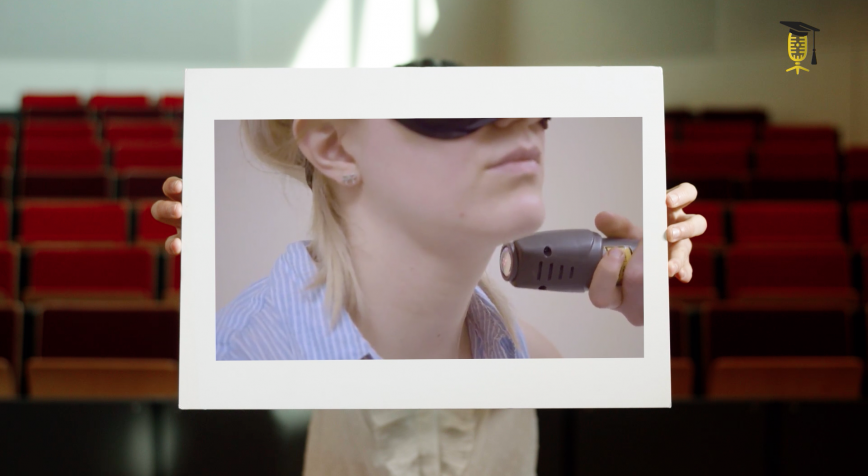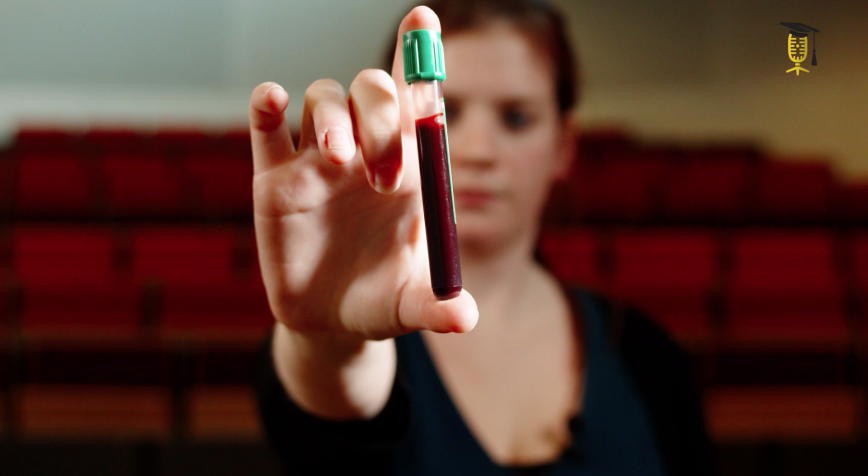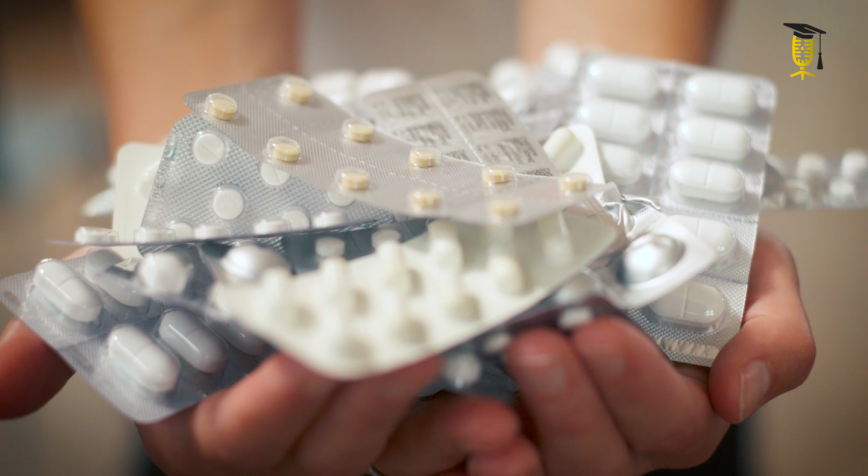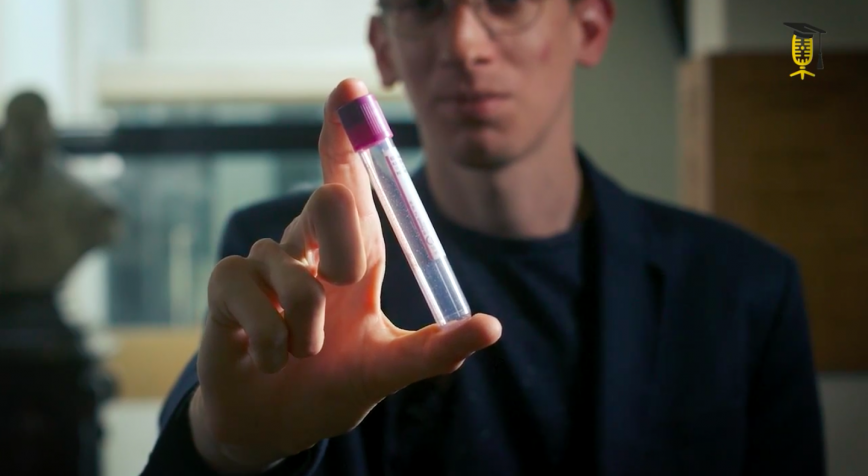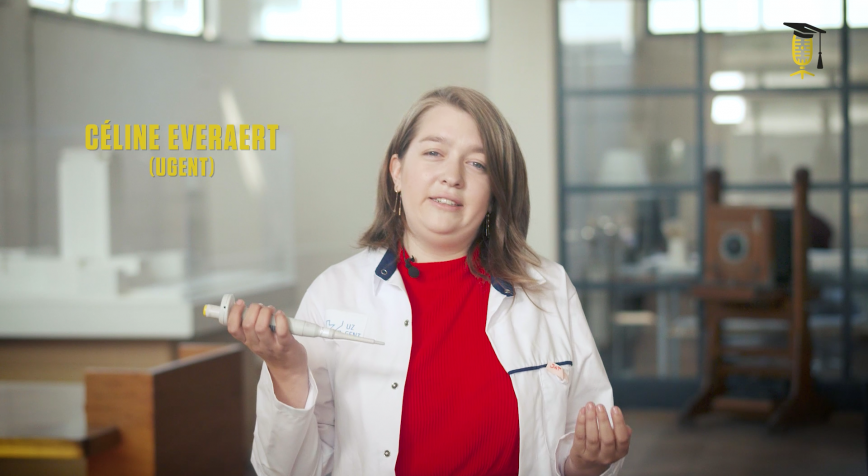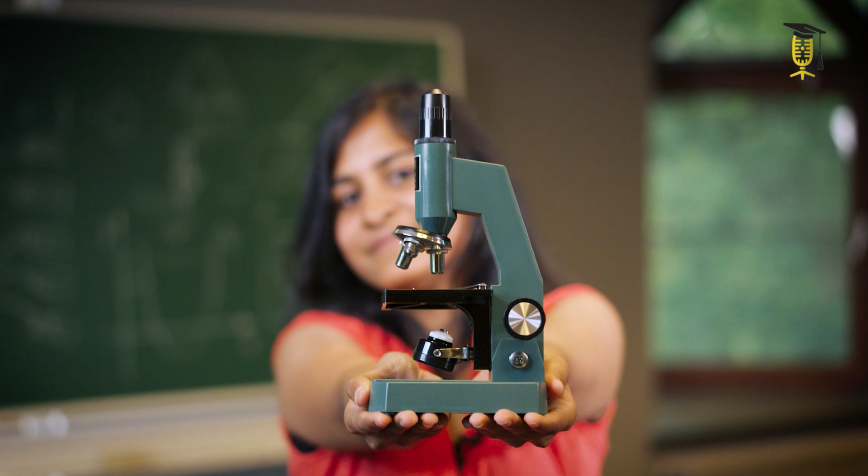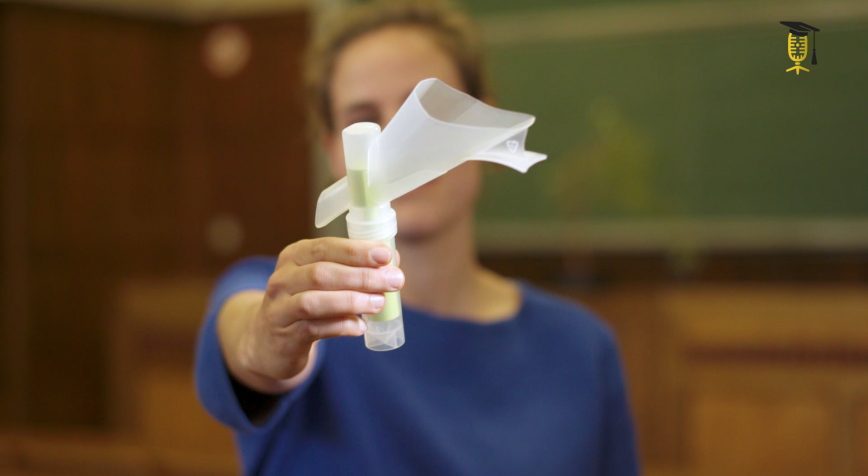
UAntwerpen
Detecting cervical cancer through a urine sample?
Jade Pattyn (UAntwerp) wants to make cervical cancer extremely rare. She is working on an alternative to detect cervical cancer more easy: via a simple urine sample instead of a smear. As she states: "many women will agree with me: there are nicer places to lay down than in your doctor's chair"
